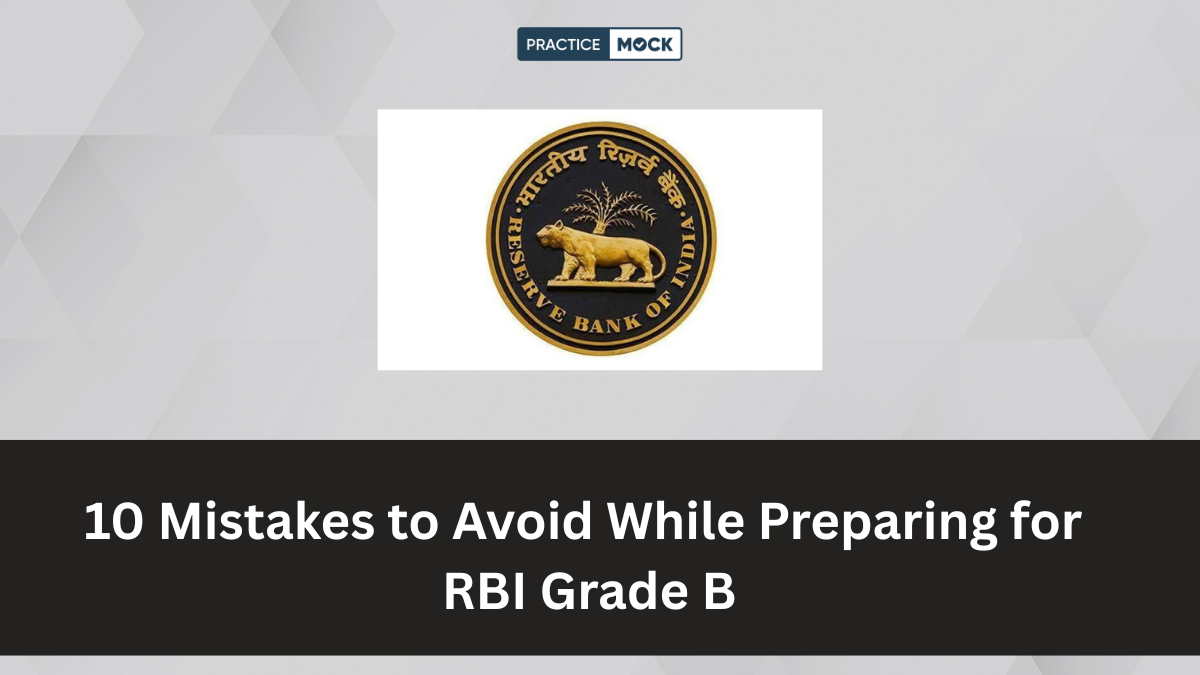The Hindu Editorial Vocabulary– Jun 16, 2022; Day 312


| Difficult Word/ Phrase | Contextual Sense |
| Demolition | Complete destruction of a building |
| Retribution | The act of taking revenge |
| Conspirator | a member of a group of people who are planning to do something bad or illegal |
| Amply | Sufficiently; more than adequately |
| Fig-leaf | a thing intended to conceal a difficulty or embarrassment |
| Brush aside | Bar from attention or consideration |
| Rehabilitation | The restoration of someone to a useful place in society |
| In the wake of | following (someone or something), especially as a consequence. |
| Brook | to bear; tolerate |
| Stringent | Demanding strict attention to rules and procedures |
| Convoluted | extremely involved; intricate; complicated |
| Purported | Have the often specious appearance of being, intending, or claiming |
| Suo motu | on its own motion; the term is usually applied to actions by a judge taken without a prior motion or request from the parties |
| Proportionality | The principle of proportionality is the idea that an action should not be more severe than is necessary, especially in a war or when punishing someone for a crime |
Bulldozer on the loose: On demolition (Complete destruction of a building) of property of Muslim activists
The demolition of property of Muslim activists is a challenge to the rule of law
The demolition of houses and buildings linked to protesters in Uttar Pradesh is nothing but retribution (The act of taking revenge) and collective punishment targeted at Muslims. The destruction of the residence of Javed Mohammed, Welfare Party of India activist and businessman, in Prayagraj, shortly after he was identified by the police as an alleged conspirator (a member of a group of people who are planning to do something bad or illegal) behind the violence during a protest, amply (Sufficiently; more than adequately) demonstrates this. The fig-leaf (a thing intended to conceal a difficulty or embarrassment) of legality attached to the claim that the action by the Prayagraj Development Authority was to clear an illegal building has been blown away by the fact that the notice of demolition was addressed to Mr. Mohammed, and not to his wife, who owns the property. The family’s charge that the notice was served only a day before the demolition and backdated to May 10 cannot be brushed aside (Bar from attention or consideration). It is well-known that the removal of encroachments or illegal constructions cannot take place without due process, which includes giving the owner or occupier an opportunity to be heard and finding alternative accommodation under any existing rehabilitation (The restoration of someone to a useful place in society) scheme. That officials claimed that the notice was served on Mr. Mohammed based on local enquiries shows that they were only following orders to demolish the building and had not bothered to verify the record of ownership before action. Earlier, soon after violence was witnessed in Kanpur, the city’s development authority demolished a commercial building allegedly linked to one of the accused in the case.
The latest demolitions are linked to the protests that took place in the wake of (following (someone or something), especially as a consequence) controversial remarks made by the now-suspended BJP spokesperson Nupur Sharma on the Prophet. While the Centre has sought to clarify to Islamic countries that it does not brook (to bear; tolerate) any disrespect to any religion, U.P. Chief Minister Yogi Adityanath wants to send out a message that he will not brook any protests on the issue. It is now a well-established pattern that buildings belonging to those whose names are linked, with or without evidence, to riots or protests are chosen for demolition. For political purposes, it is presented as stringent (Demanding strict attention to rules and procedures) action against anti-social elements for rioting, and for legal purposes, it is portrayed as removal of illegal constructions. It is unfortunate, and a defining feature of these convoluted (extremely involved; intricate; complicated) times that some States take such pride in demolishing buildings that they want the bulldozer to symbolise their purported (Have the often specious appearance of being, intending, or claiming) resolve in keeping minorities under check. The Supreme Court has ordered that status quo be maintained in respect of the demolitions at Jahangirpuri, in Delhi. Six former Supreme Court and High Court judges and six senior advocates have appealed to the Supreme Court to take suo motu (on its own motion; the term is usually applied to actions by a judge taken without a prior motion or request from the parties) cognisance of the demolitions. Whether the Court acts or not, there is little doubt that the demolitions amount to an abuse of power, a challenge to the rule of law and are inherently illegal due to the absence of due process or proportionality (The principle of proportionality is the idea that an action should not be more severe than is necessary, especially in a war or when punishing someone for a crime).
Want to improve your vocabulary further? Download the Lists of Word-Meanings of Previous Months here.
Recent Posts
IBPS RRB Notification 2025 in June, PO & Clerk Exam Date Out, Check All Upcoming Events
The IBPS RRB Notification 2025 is expected to be released in June 2025. Candidates can…
IBPS RRB PO Prelims Mock Test Free 2025, Attempt Now!
Here we are providing the IBPS RRB PO Prelims Mock Test Free 2025. Candidates can…
UPSC Admit Card 2025 Out for Prelims, Get Direct Link
The UPSC has released the UPSC Admit Card 2025 for Prelims exam. In this blog,…
How to Crack RBI Grade B in First Attempt?
Aspirants preparing for RBI Grade B exam. Know the 10 tips to crack RBI 2025…
IBPS PO vs RRB PO, Which Exam is Easier to Crack?
IBPS PO or RRB PO? Compare difficulty, pattern, and job roles to choose the best…
How to Master Government Schemes for RBI Grade B Exam
Master government schemes effectively for the RBI Grade B exam with comprlete strategies, Important resources…


